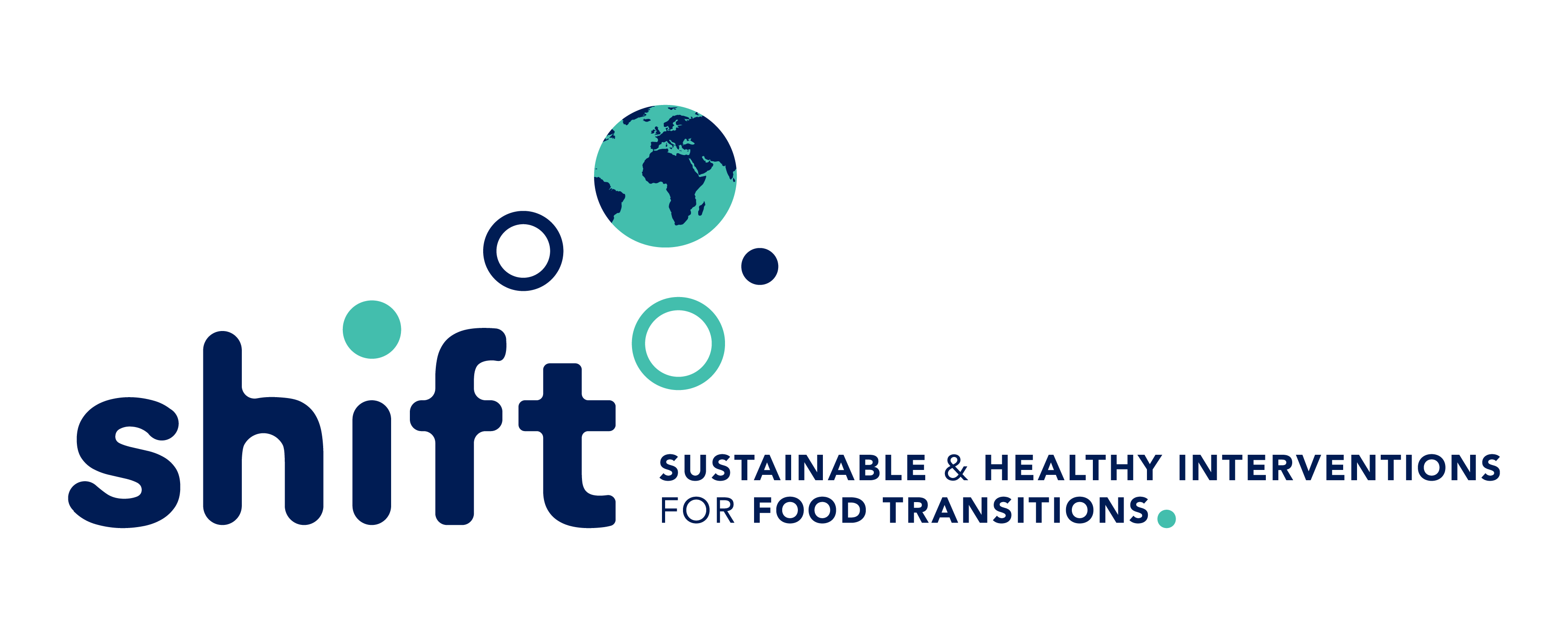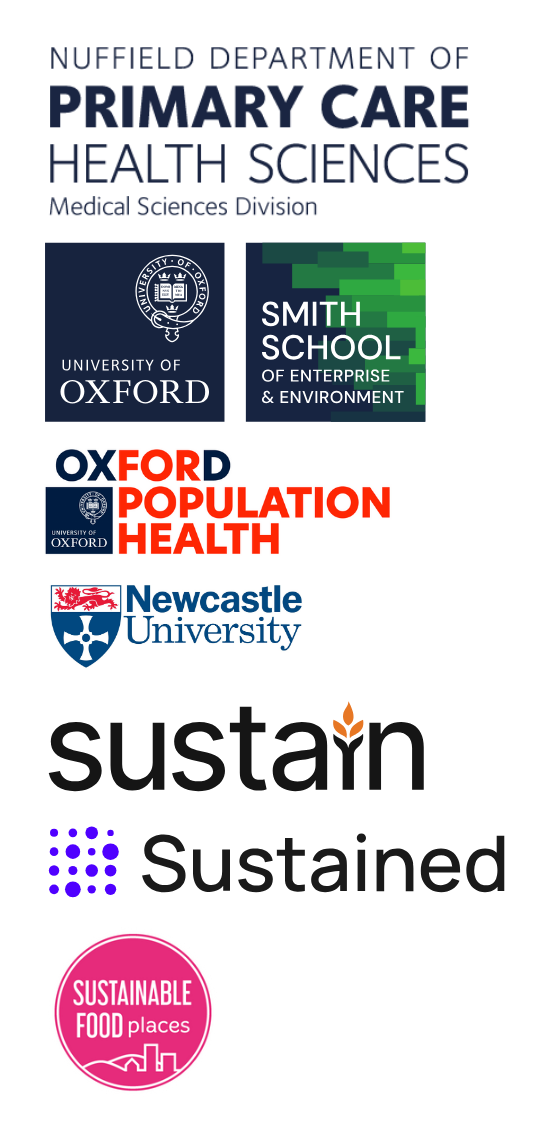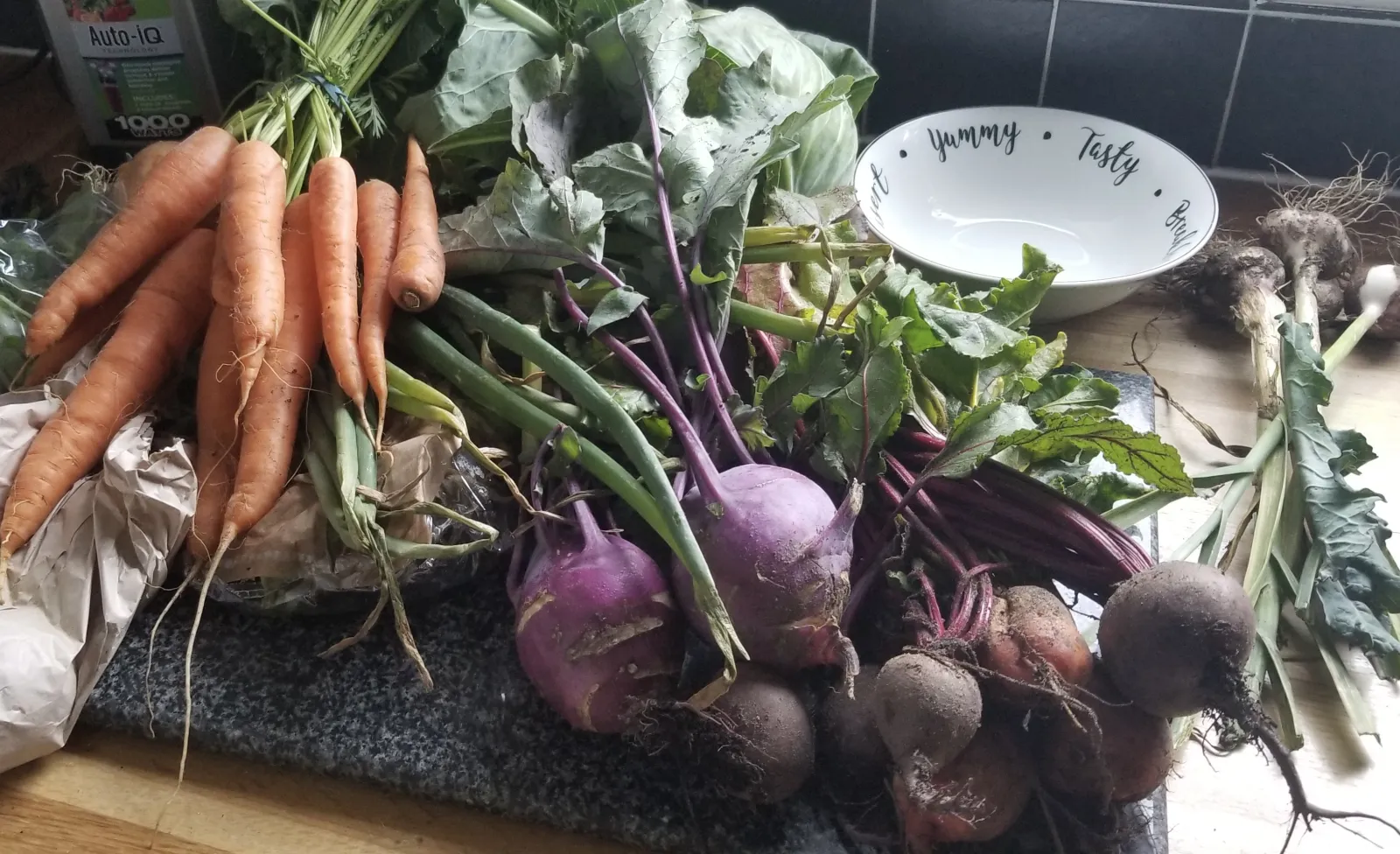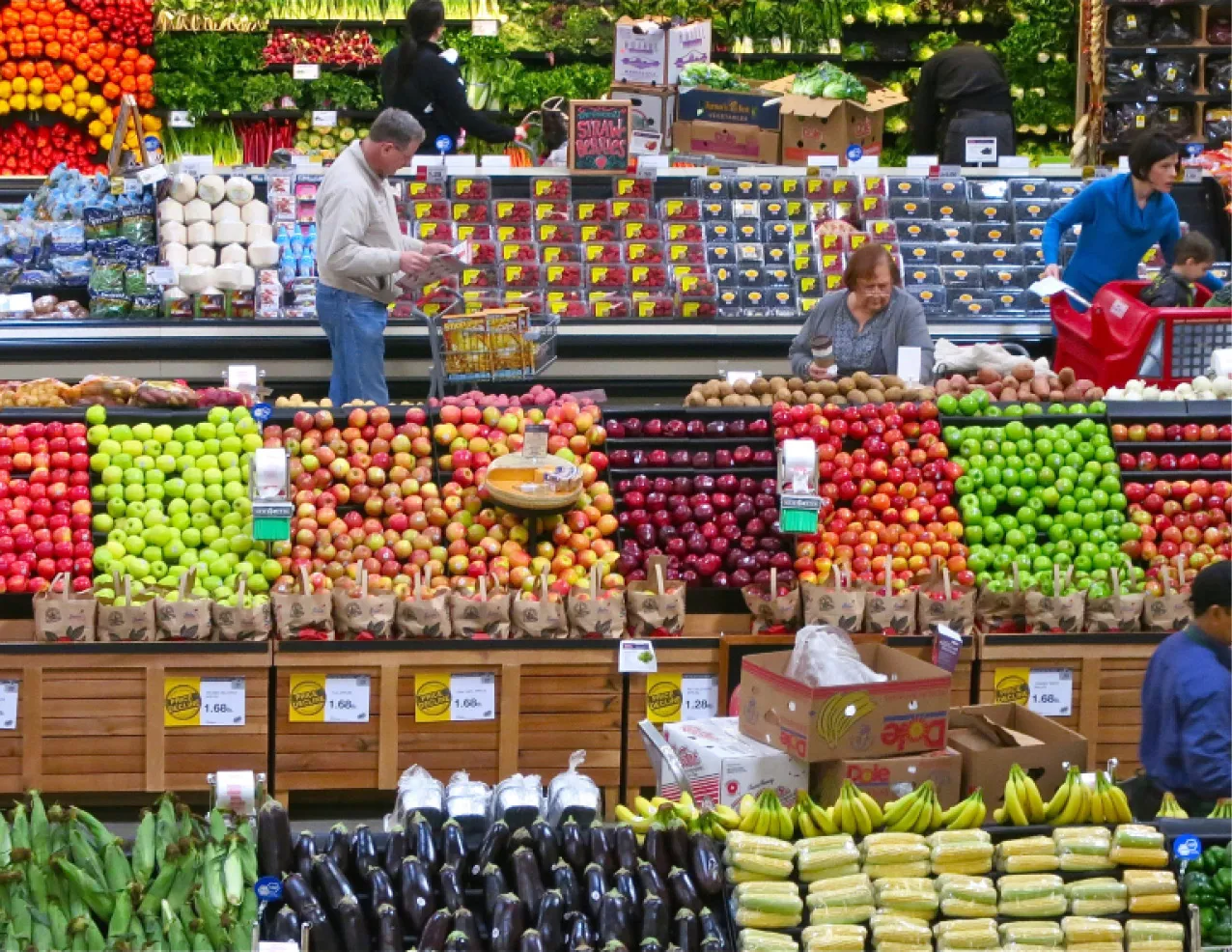Background
About one quarter of all UK greenhouse gas (GHG) emissions – and about one third globally - are related to food. Changing the food system – how we produce, manufacture, and consume food – is necessary if we are to reach our climate goals. Animal-based products have a much higher GHG footprint than most cereals, fruits and vegetables, which means we can achieve a large reduction in emissions by changing what we eat. Government-funded reports have called for reductions in meat consumption in the UK: the independent National Food Strategy (NFS) called for a 30% reduction by 2032, and the Committee on Climate Change (CCC) for a 35% reduction by 2050. To meet these targets would require transformational change in food consumption behaviour in the UK, but such large scale changes are not without precedent. To achieve sustainable food systems we need a broad suite of interventions and policies targeting how meat is marketed, sold or made available across different food settings, learning from the evidence on changing the retail environment to encourage healthier food purchasing.

Over the course of the three years (expected end Oct. 2026), the Sustainable Healthy Interventions for Food Transitions, or SHIFT, project will explore dietary behaviour change, and in particular meat and dairy consumption, in order to facilitate healthier, more sustainable diets in the UK. The project as a whole will investigate, analyse and design policies and interventions which target dietary change and produce a policy toolkit for reducing meat consumption in the UK.
Funded by the Wellcome Trust and led by Professor Pete Scarborough of the Nuffield Department of Primary Care Health Sciences at the University of Oxford, the SHIFT project aims to:
- Review and analyse evidence on the successes and failures of UK policy to enable healthy, sustainable diets.
- Work with the public, policymakers and food system partners to co-design policies and interventions aimed at reducing meat consumption in the UK.
- Conduct trials in different food settings of the effect of interventions and policies on meat consumption and dietary quality.
- Model the long-term health, economic and environmental impacts of the interventions and policy scenarios if delivered at scale in the UK.
- Quantify the gap in health and environmental outcomes between modelled scenarios and proposed targets.
- Disseminate findings directly with the public and policy through targeted engagement activities.
What TABLE is doing
TABLE’s work will support the first and second aims to 1) review and analyse evidence and 2) work with the public, policymakers and food system partners to co-design policies and interventions aimed at reducing meat consumption. We will start by conducting an historical evidence review of UK diet change efforts from World War II onwards. Our review will focus on a variety of documentary sources, including academic and grey literature as well as policy documents, which aim to change people’s diets to be healthier and more sustainable. We will also talk to a range of policymakers and implementers to explore how that history relates to current research and policy work, strategies and ambitions.
Then, informed by this evidence, we will carry out a series of workshops to explore different stakeholder visions of a UK food future defined by healthy, sustainable diets and what pathways might lead to these.
Collaborative approach
TABLE’s interdisciplinary research team is one of several SHIFT partners working with Professor Scarborough and the Nuffield Department of Primary Care. The project team also includes: at the University of Oxford, the Nuffield Department of Population Health and the Smith School of Enterprise and the Environment; at Newcastle University, the Faculty of Medical Sciences; and, outside academia, Sustain, Sustained, and Sustainable Food Places. The research team is organised into four work packages to ensure we deliver the six project aims.
Together, we will work with the public, civil society organisations, policymakers and food industry partners to ensure the solutions studied in SHIFT are acceptable, practical and deliverable. Through co-design, and with our policy implementation partners, we will identify the pressing needs of those working on the ground to change policy; ensure that our evidence feeds directly into their work; and translate our findings into policy relevant outcomes on health, health inequalities and household economics.









